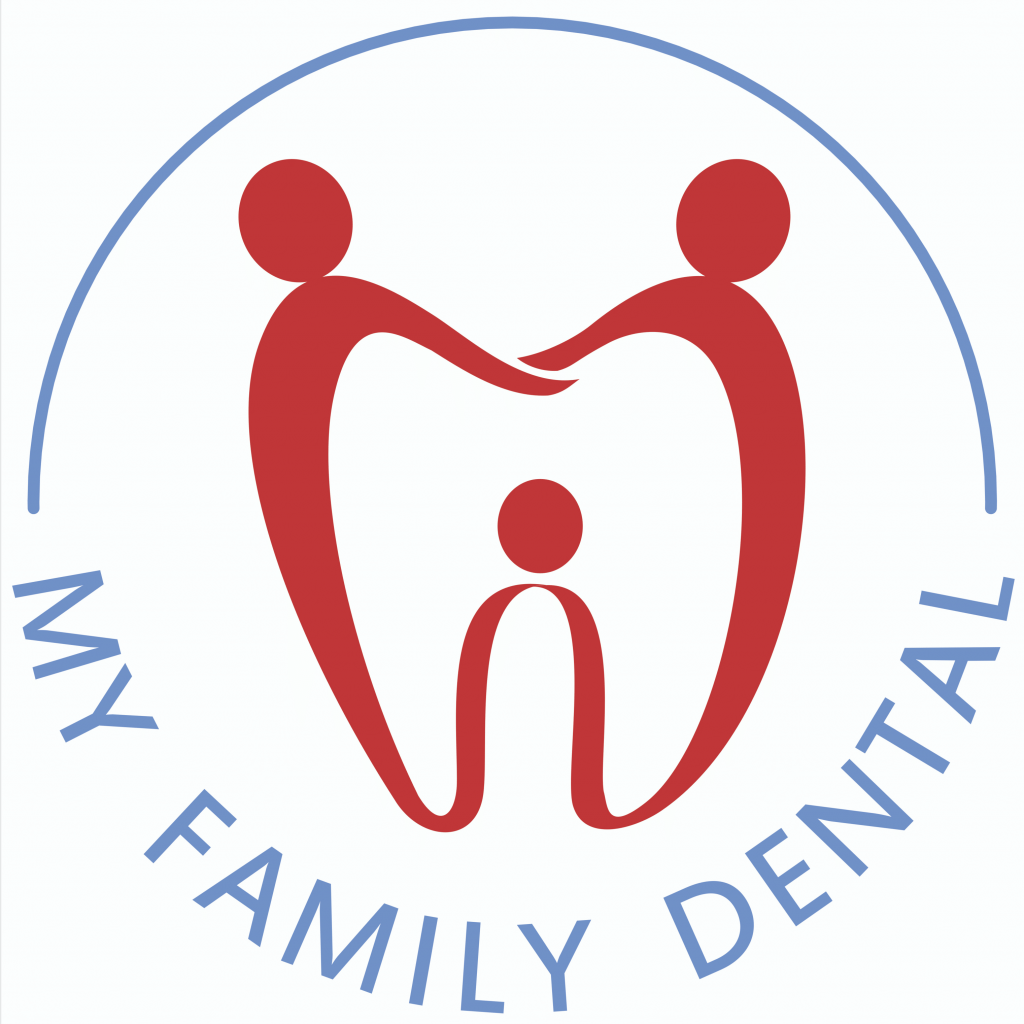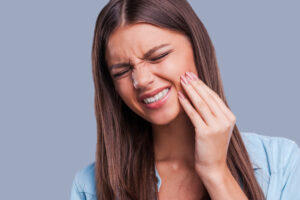Nobody enjoys having bad breath; sometimes, it just seems impossible to get rid of it no matter how hard you try to lessen the unpleasant odour in your mouth.
The primary source of the offensive odour is a buildup of debris, dead cells, and germs on your tongue. If you’re one that regularly suffers from bad breath, it begs the question of whether you’re cleaning your tongue at home as part of a strong oral routine.
Should you not, then it is essential that you consider it, and there are many ways you can clean your tongue at home to clear the bacteria effectively that causes the bad odour.
Let’s keep reading to learn more about tongue-cleaning methods.
Tongue Scraping
Tongue scraping is a fast method that helps remove the extra debris sitting on your tongue, the debris that causes bad breath. This builds into bacteria on the surface of your tongue, and using tongue scraping can help reduce it.
A tongue scraper is a small, rounded appliance designed to pick up bacteria from your tongue. Here’s how you can use a tongue scraper.
- Open your mouth wide and stick your tongue out as far as you can
- Once the tongue is stuck out, you may remove bacteria from the tongue by inserting the tongue scraper at the back of your tongue and moving it forward gradually. Repeat this at least three times or until your tongue shows a pink colour.
- Use warm water to rinse your mouth once you’ve finished tongue scraping.
- Washing the tongue scraper in warm water and soap immediately after use
- Please keep it in a dry place to use the following day again.
Repeat these steps every day as part of a healthy oral routine.
A Toothbrush
A toothbrush is considered less effective than a tongue scraper but can still work to keep the bacteria off your tongue and reduce the bad odour.
Here’s how you can use a toothbrush to clean your tongue.
- Ensure that you have a soft bristle toothbrush at hand
- Stick out your tongue as far as you can
- Position the toothbrush towards the back of your tongue and slowly brush backwards and forwards in light, moving along with your tongue
- Spit out any saliva that forms when performing the brushing motion
- Rinse the toothbrush with warm water and store in a dry place to use again
Mouth Rinses
Combined with brushing your teeth, mouth rinses are also effective when it comes to cleaning your tongue. You’ll need to use a mouthwash that contains antibacterial properties, so the bacteria are destroyed when using it. You can consult your dentist on the best mouthwash to use to keep your breath fresh.
Why Should You Be Cleaning Your Tongue Regularly?
There are several benefits to cleaning your tongue besides reducing the bad odour that comes with it.
Reducing Bacteria
When bacteria sit on your tongue, it can impact your oral health. Levels of bacteria remain low every time the tongue is cleaned. Brush, floss and clean your tongue as part of a strong oral routine every day.
Reduces Dental Plaque
Bacteria is one of the symptoms that leads to dental plaque buildup, a sticky substance that can coat your teeth. This will continue to build if bacteria remain inside the mouth.
Bring Better Taste
A strong bad odour can impact taste when having a meal. The last thing you want is to want to enjoy a tasty meal, but your taste perceptions alter because of excess bacteria that hasn’t been cleaned.
Reduces Sulfur Compounds
Bad breath is mainly caused by sulphur-producing bacteria that live on your tongue. The bacteria can break down proteins to cause odour from those compounds. If you use a tongue scraper, most of it will be removed.
Ensure that you build the habit of regularly cleaning your tongue at home as part of a solid oral routine for a fresher breath. If you have any questions, feel free to reach out to My Family Dental clinics in Emerald, Bowen, Innisfail, Townsville, Ingham, and Bohle Plains.



